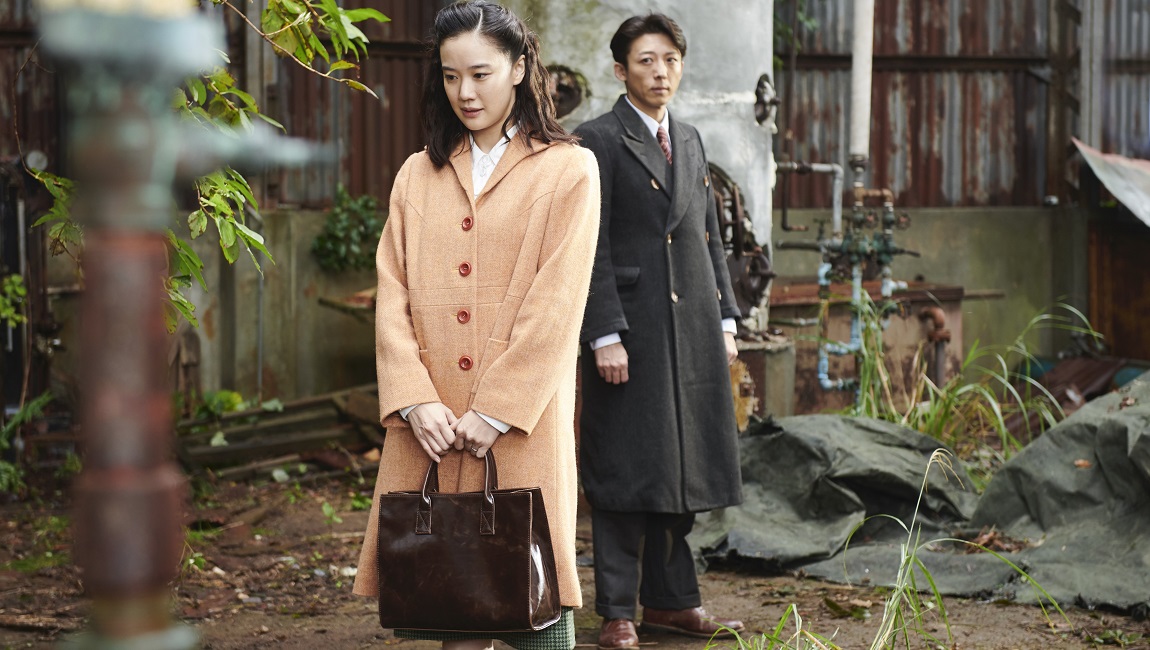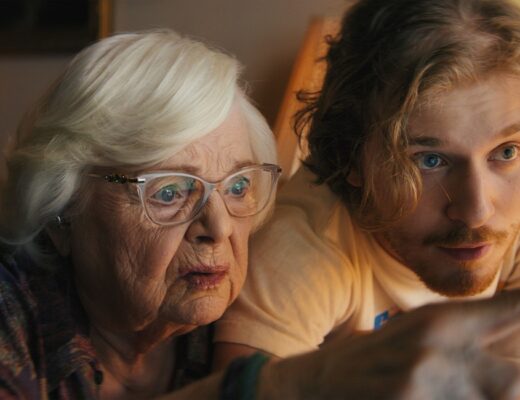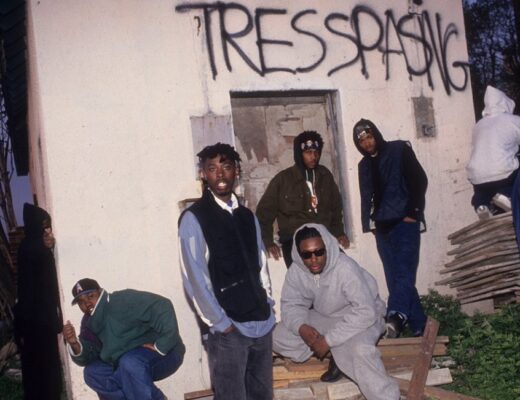Villeneuve’s Dune is a gorgeous, monumental, and thrilling take on Herbert’s material, only slightly hampered by a weak finale that anticipates an intended Part Two.
It’s the year 10,191. Interstellar space travel (and therefore the known universe) is dependent on a substance called Spice, which can only be found on a hostile desert planet called Arrakis, or Dune. In a political ploy, the Emperor pits two noble houses, the honorable Atreides and the bloodthirsty Harkonnens, against each other for control of Arrakis, hoping to wipe out at least one of his major rivals. Meanwhile, the scion of House Atreides, Paul (Timothée Chalamet) becomes aware of two prophesied destinies, one in which he is the all-powerful product of a religious order’s eugenics experiments, and another in which he’s the de facto ruler and godhead of Dune and its indigenous people, the Fremen.
Long considered essentially unfilmable, Frank Herbert’s 1965 novel Dune presents a far future in which feudalism, religion, and psychotropics, rather than technology, have taken humanity far into space. It’s a sprawling story with numerous contemporaneous political and ethnographic parallels, dozens upon dozens of characters, intricate plotting (more than once do its denizens refer to myriad “plans within plans”), and a healthy amount of phantasmagoria. Jodorowsky famously abandoned a (very likely unfeasible anyway) version, and of course the merits of David Lynch’s 1984, roughly two-hour condensation remain debated. Now here comes Denis Villeneuve, who has semi-recently become this generation’s go-to helmer of “smart” science fiction, and he’s basically nailed it.
Lynch’s version was a narrative bastardization but a triumph of design, and acolytes of the source material have long been thirsty for a more strictly faithful adaptation of the text to fit those gorgeous, indelible images. Villeneuve’s Dune is exactly that, although he substitutes Lynch’s ornate detail for a more elegant, rigidly-lined architectural brutalism, with cavernous spaces inside and out, enormous spacecraft, and the endless negative space of a desert landscape, and that’s before you get to the gigantic, show-stopping sandworms. Filmed largely in the IMAX format, properly screened the effect is quite literally awesome.
Villeneuve’s also assembled quite the cast. Chalamet does a fine job bringing both naïveté and youthful arrogance to Paul, even in his most tortured moments. He’s backed up by a lot of famous faces working some sturdy archetypes: Oscar Isaac as Paul’s father the Duke, Rebecca Ferguson as his mother Jessica (tremendous in a difficult part, all fear for her son and genuine awe at what she hopes he’ll become), Josh Brolin as a warrior poet, and even Jason Momoa as a loyal journeyman soldier. Stellan Skarsgaard and Dave Bautista also make pretty memorable impressions as the icky, brutal Baron Harkonnen and his insane, murderous nephew Rabban. For devotees of the text, seeing these images and characters rendered so impeccably might be moving in and of themselves.
That minimal level of emotion might have to be the limit, though, for getting Dune made this way at all came with the compromise of filming only the first half of the book. Though promisingly actually titled Dune, Part One on-screen, the fact remains that this is only part of the story, and mostly setup for the conflicts that will play out in the back stretch. Thankfully, the dense plot — at least after a little bit of opening voice-over — is conveyed with as little mealy-mouthed exposition as possible, mostly relying on context to get the details across. Still, the finale here can’t help but feel like a bit of a downer anticlimax, and it would be a shame, after the incredible promise of this first entry, if Dune, Part Two never made its way out of the desert.
You can catch Denis Villeneuve’s Dune in theaters or streaming on HBO Max beginning October 22.







